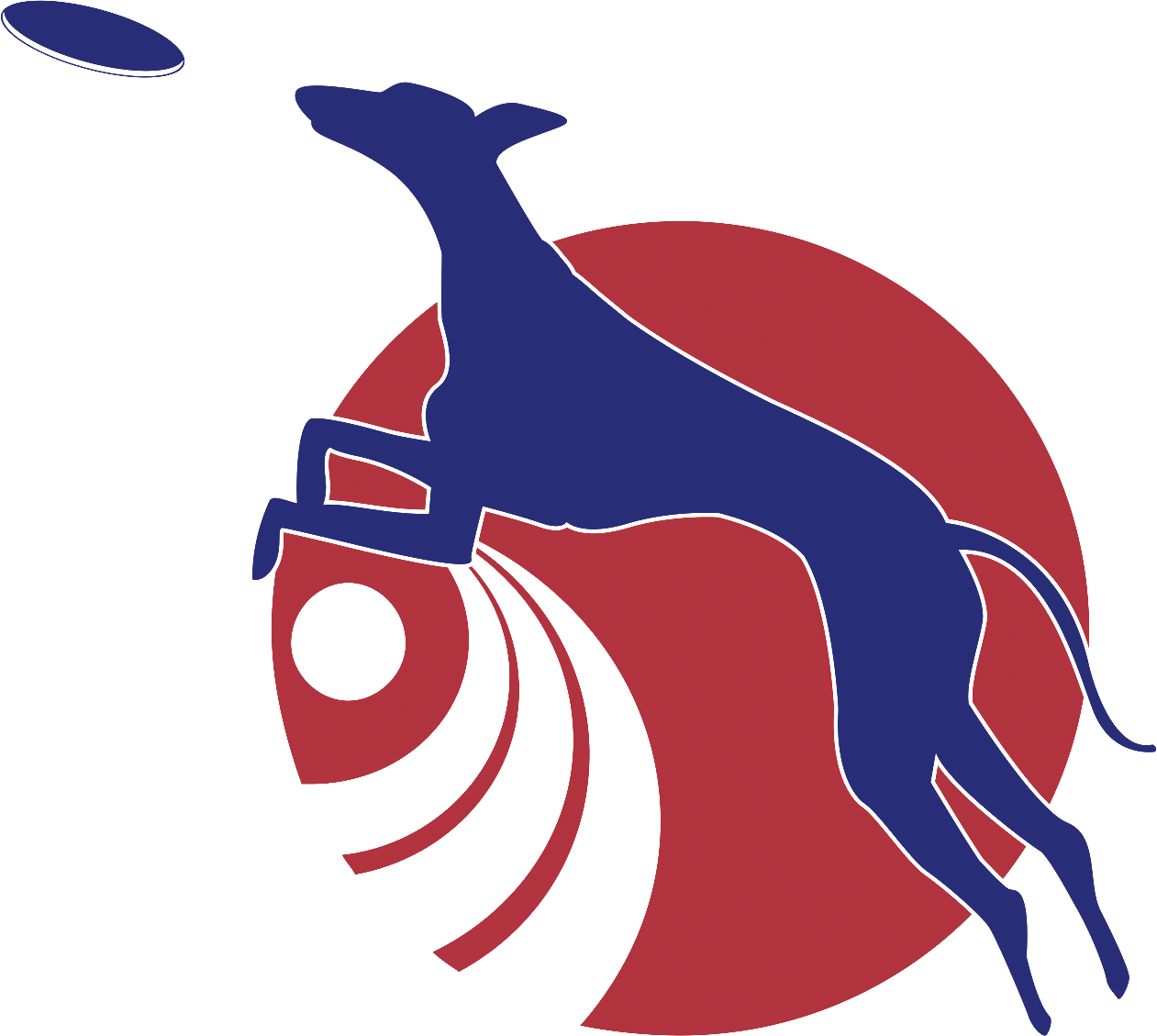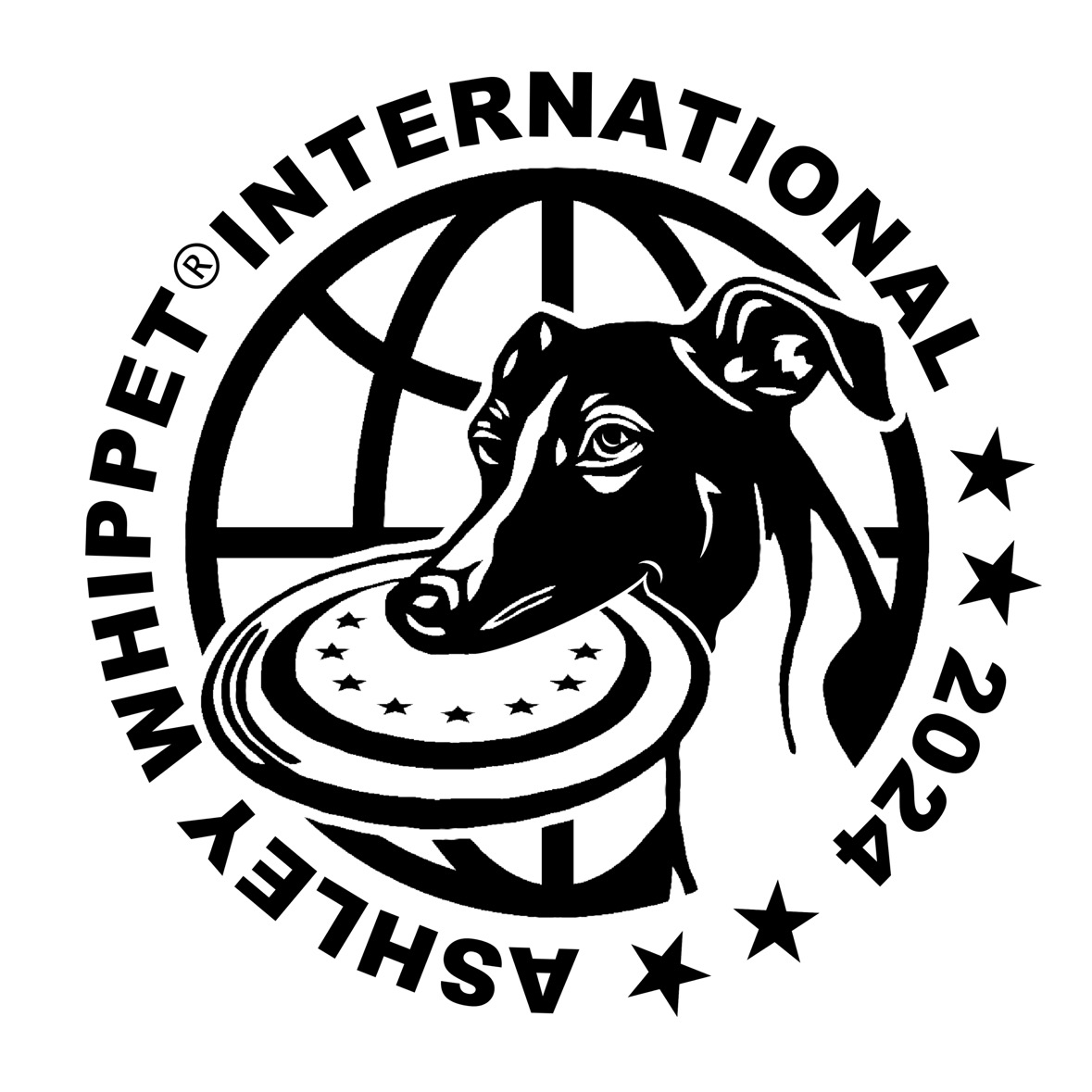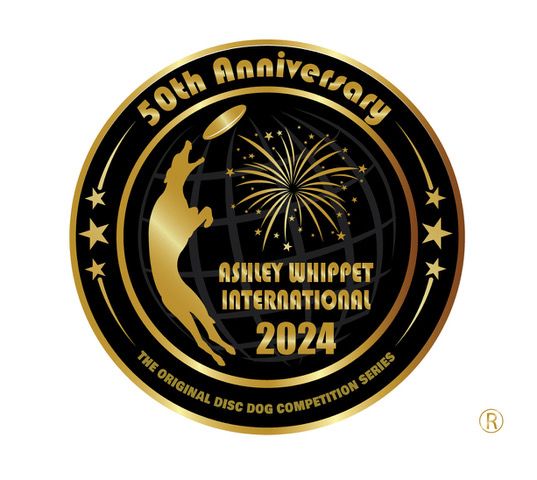Freestyle Scoring System
The freestyle round is a timed, freeform competition that is judged on a 40 point scale using the following four categories, as described below: Dog, Human, Team, and Overall. Catch ratio will also be tracked as described below, but will not form a part of the freestyle score and but may be used only as a tiebreaker. ( Appendix B printed for judges )
DOG
The Dog category scores the performance of the canine member of the team. Some of the elements used for deciding the dog's score are focus, prey drive, excitement, willingness to cooperate with the handler, speed, endurance, jumping ability (both aided, e.g., using the handler's body as a launch pad, and unaided), and body awareness displayed by control in the air and landing properly. The dog's ability to catch a disc while in a variety of positions, at varying distances, and in varying directions can also enhance the dog's score.
HUMAN
The Human category scores the performance of the human member of the team. Some of the elements used for deciding the human's score are athletic ability, coordination, smoothness of movement, ingenuity, innovation, creativity, and overall skill level. A variety of throws, disc control, and the difficulty level of the routine can also enhance the human's score.
TEAM
The Team category scores both the dog and the human in their performance as a team. Judges are looking primarily at the overall cohesiveness of the team and the communication between dog and handler. Some of the elements used for deciding the team score are the flow of the routine, disc management, field management, innovation, and creative and effective use of multiple discs for fast-paced throws requiring the dog to change direction, move quickly, and communicate with the handler. Chaining throws together with a succession of different tricks and moves involving the dog and the disc will also enhance the score. A routine should flow smoothly without long pauses between sequences to collect discs or for other purposes; however, brief pauses in flow to accommodate the setup for extremely difficult tricks may not negatively affect a team's score.
OVERALL
The Overall category is a catch-all category used to score the overall impression given by a routine and to take into account other factors that may not be adequately scored under the other categories. Some of the elements used for deciding the overall score include crowd appeal, energy level, excitement, "wow factor," showmanship, and effective showcasing of the abilities of the dog, the human, and the team. Interpretation of the music, artistic impression, and production may also enhance the score.
CATCH RATIO
The Catch Ratio is a mathematically determined number that is obtained by dividing the number of catches by the number of throws, multiplying by 10, and then rounding to the nearest tenth of a point. For example, (22 catches) / (30 throws) * 10 = 7.3333, or 7.3 by rounding to the nearest tenth of point.
Judges can be asked by a copmetitor, prior to their round, to write a few short notes or suggestions in regards to their round on a comment card, that must be provided by the competitor for the benefit of the competitor. Competitors may not request comment cards for other handler´s routines.
We also encourage new club members or competitors, interested in Freestyle judging, to request to sit behind the Freestyle judges, to hear the discussions during and after the rounds, to get a better understanding of what is being evaluated. However they should not interrupt the judges or the flow of the events otherwise they may be asked to leave if necessary.




